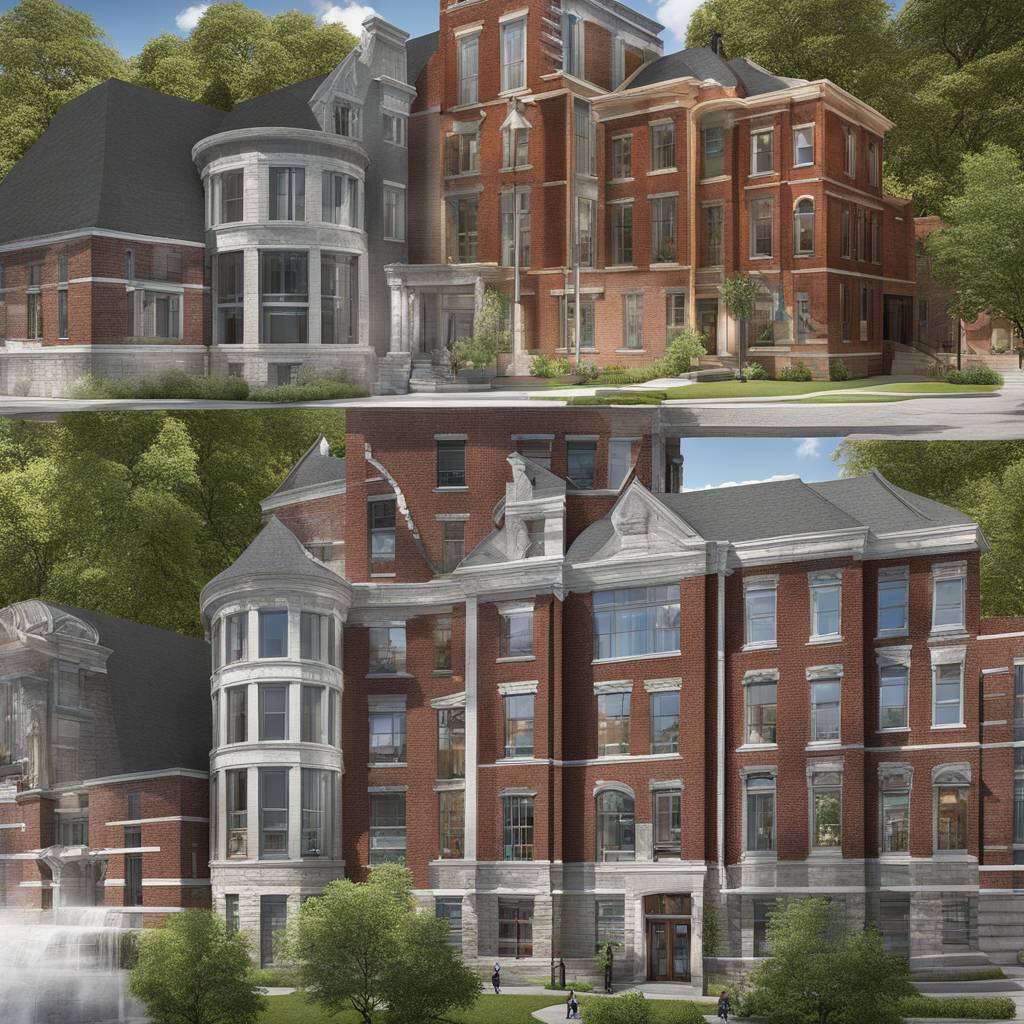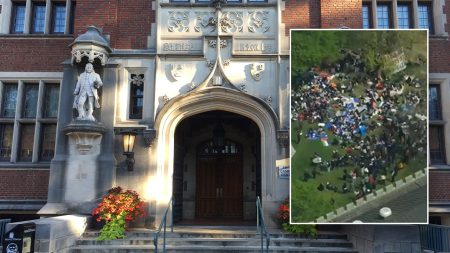Negotiators in New York have made significant progress on a comprehensive housing package aimed at increasing the number of homes and apartments in the city. One key component of the plan is the inclusion of the progressive “Good Cause Eviction” bill, which would prevent landlords from raising rents above a certain level and make it easier for tenants to challenge evictions. While some lawmakers are in support of this bill, there are stakeholders on both sides of the issue who are raising concerns. Activists from Housing Justice for All are calling for the rejection of the compromise, labeling it as a disaster and an embarrassment. The deal also includes provisions to boost housing construction in the city by incentivizing developers to include affordable units, lifting density regulations, and converting office towers into housing.
The proposed housing deal in New York City aims to appeal to both liberal lawmakers and left-wing activists by combining supply-increasing provisions with changes to how rents are set. Left-wing groups have long advocated for legislation like Good Cause, which would give tenants more rights in lease renewals and rent hikes. The current deal being negotiated would cap rent increases at 5% plus the Consumer Price Index, allowing tenants to challenge larger increases in court. Landlords may also be able to pass on more costs for building upgrades to tenants, under the rent stabilization laws. The deal also includes provisions for legalizing basement apartments and making changes to the Individual Apartment Improvements provisions of rent stabilization legislation.
In addition to the housing deal being negotiated at the state level, City Hall is also pushing for a separate package of legislation to loosen local zoning requirements in New York City. This package, called “City of Yes,” would eliminate rules requiring developers to include parking garages with new buildings, potentially generating tens of thousands of additional housing units. A study by the Rand Corporation found that New York needed to build hundreds of thousands of new units of housing in the past decade to keep up with demand; however, the city fell short of this target by an estimated 150,000 units. If all the proposed changes are enacted, the housing gap could be significantly reduced.
The negotiation process for the housing package in New York has involved input from various stakeholders, including lawmakers, activists, and homeowners’ groups. While some groups, such as Homeowners for an Affordable New York, oppose the Good Cause Eviction bill, others like Housing Justice for All are pushing for its inclusion in the final deal. The proposed provisions in the deal aim to strike a balance between increasing housing supply and protecting tenants’ rights. By offering incentives for developers to include affordable units and making changes to rent stabilization laws, the goal is to address the housing shortage in New York City and meet the demand for new housing.
The housing package in New York City represents a complex and multifaceted plan that includes a range of provisions to address the city’s housing crisis. By combining measures to increase housing construction with changes to how rents are set, the deal aims to appeal to a diverse range of stakeholders. With negotiations ongoing and input from various groups being considered, the hope is that a final agreement can be reached that will significantly impact housing production in the city. By enacting these proposed changes, New York City may be able to address its housing shortage and meet the demand for affordable housing in the years to come.














